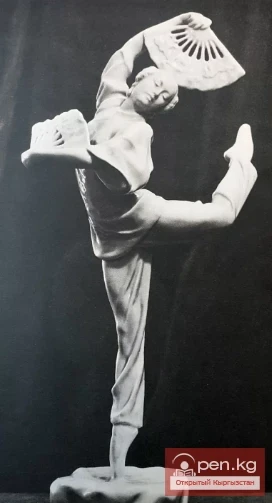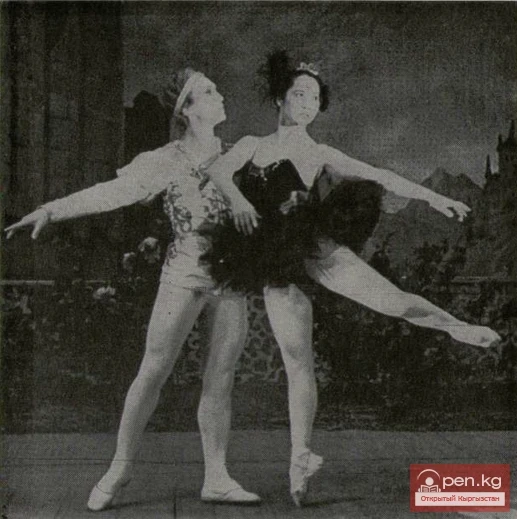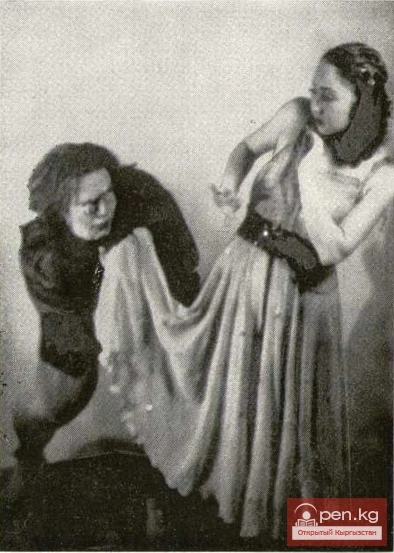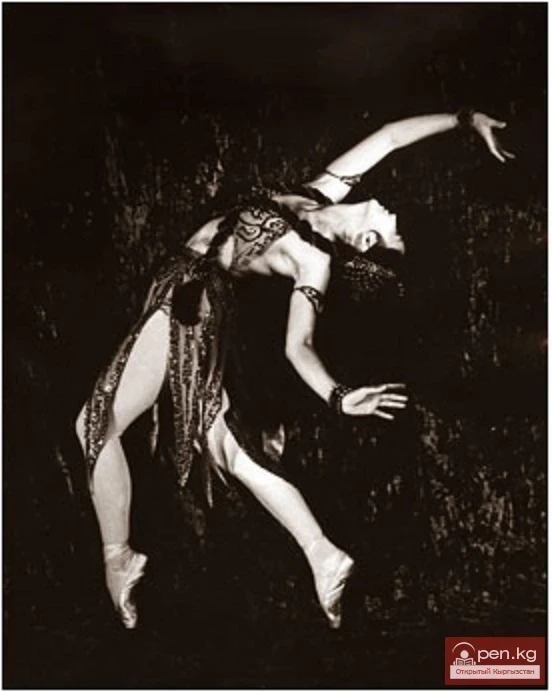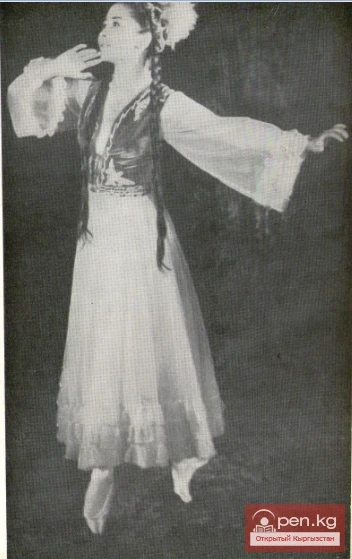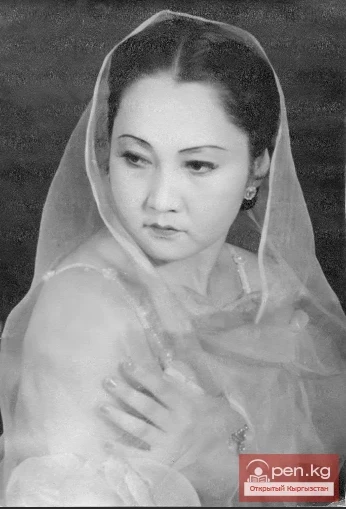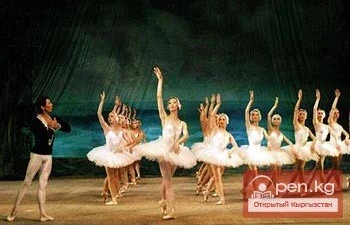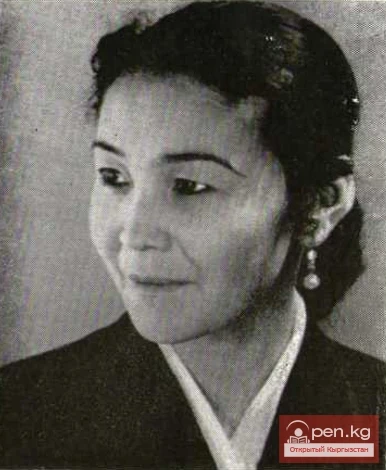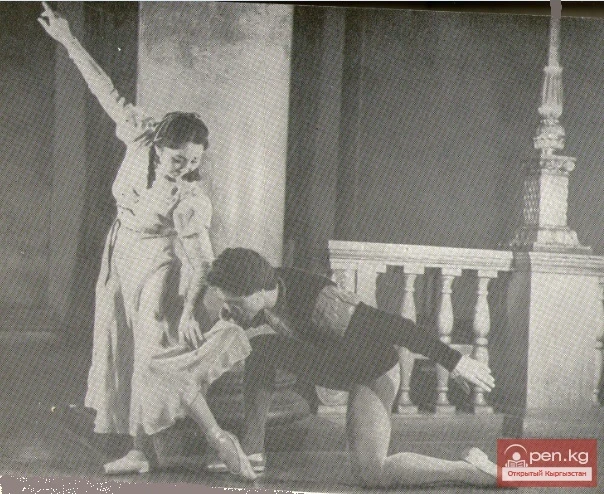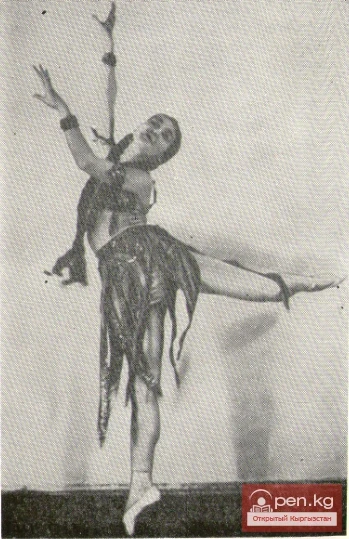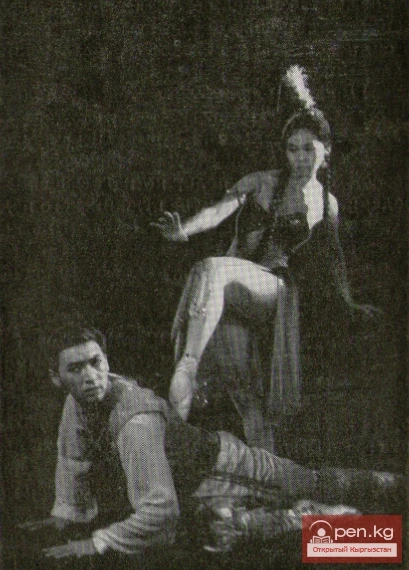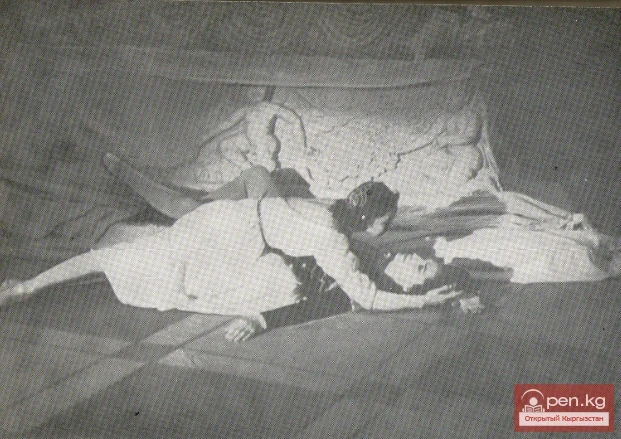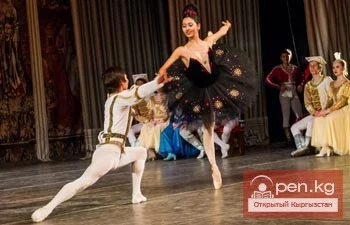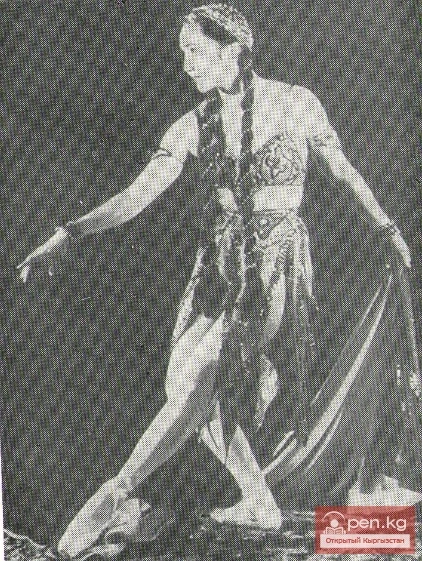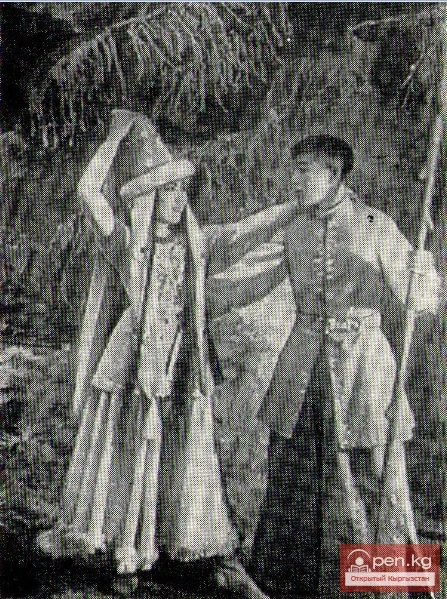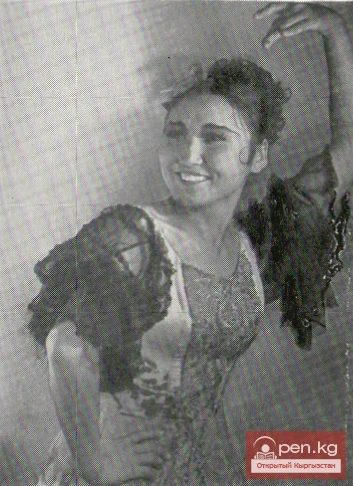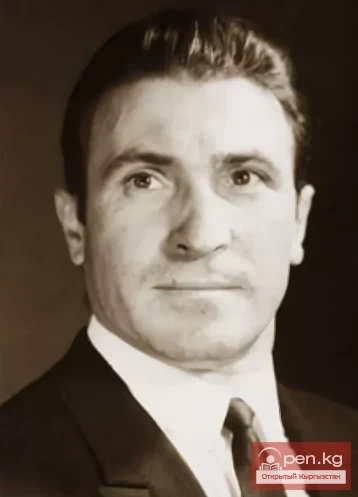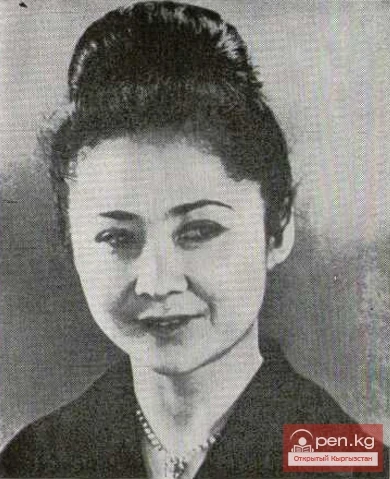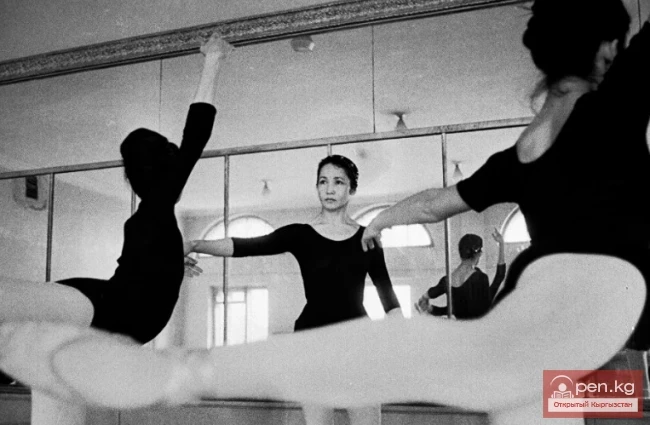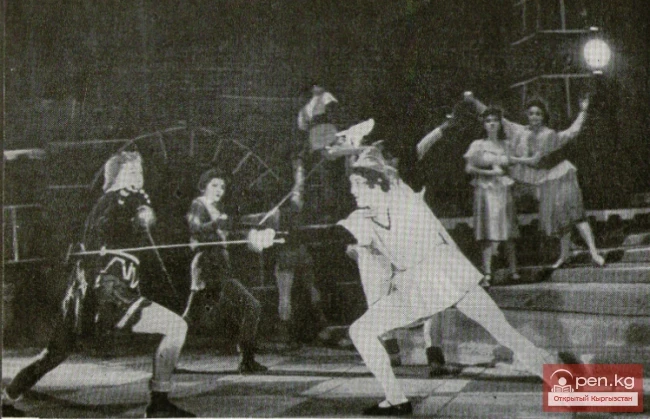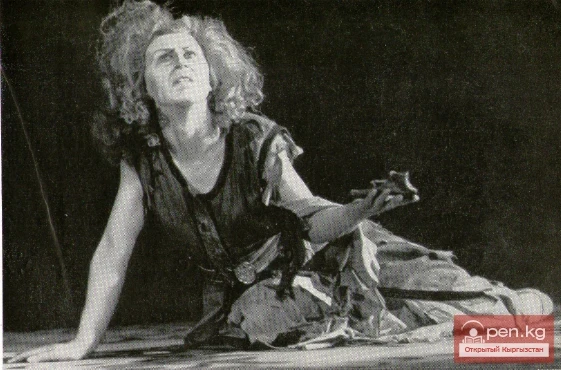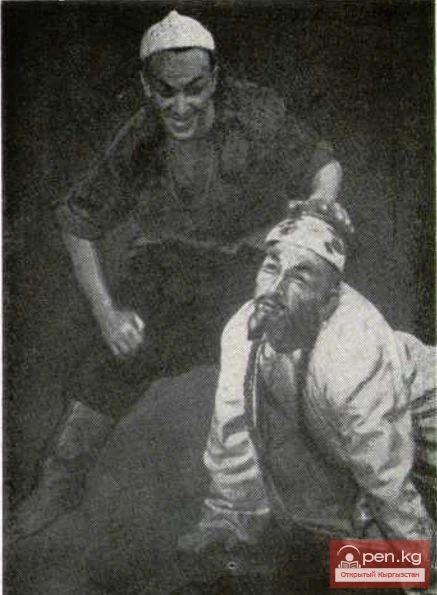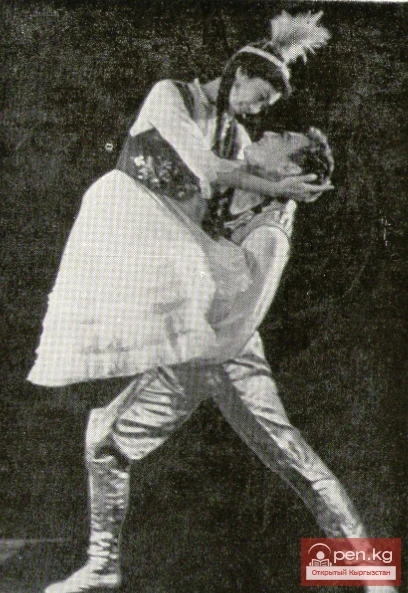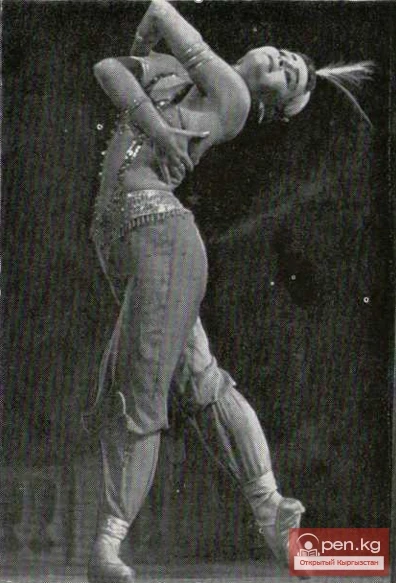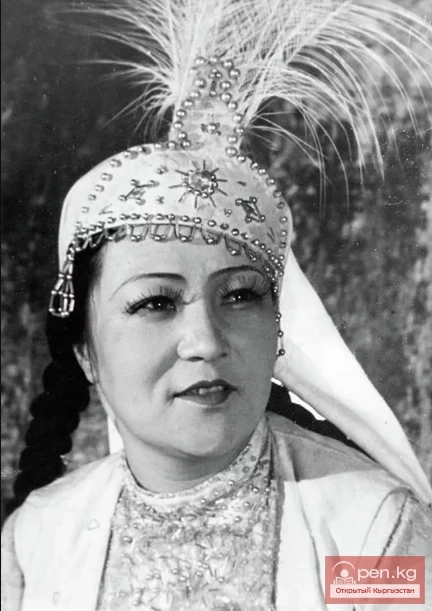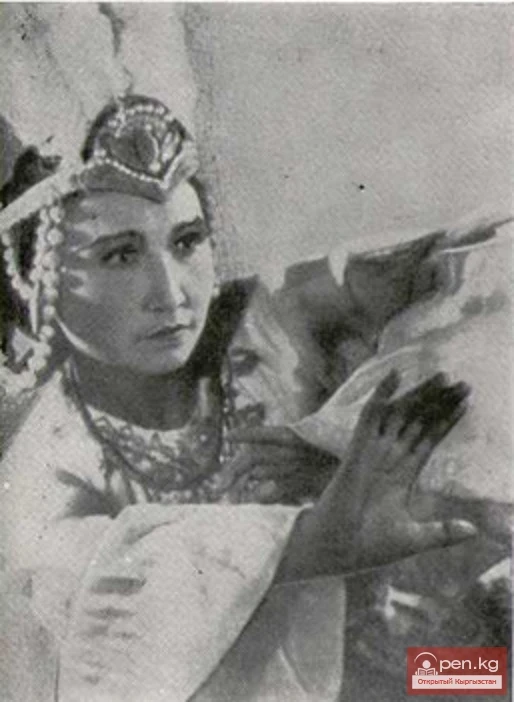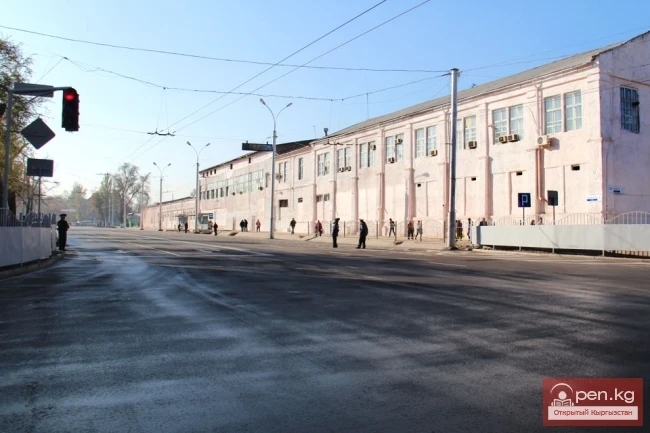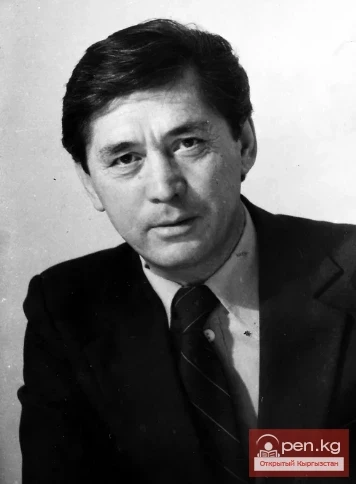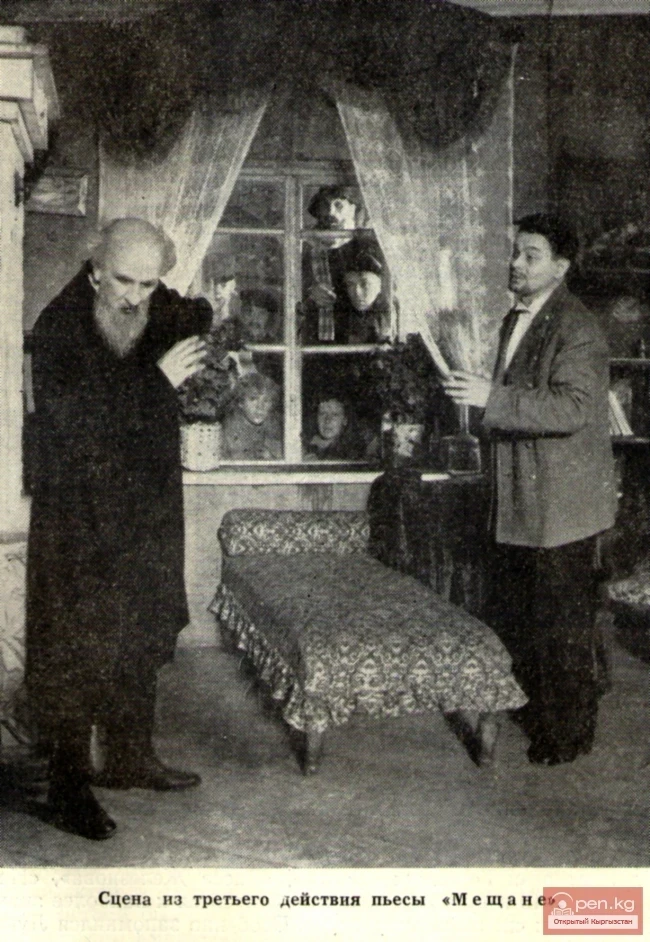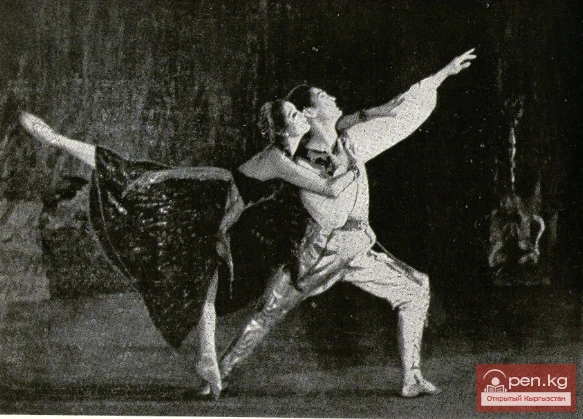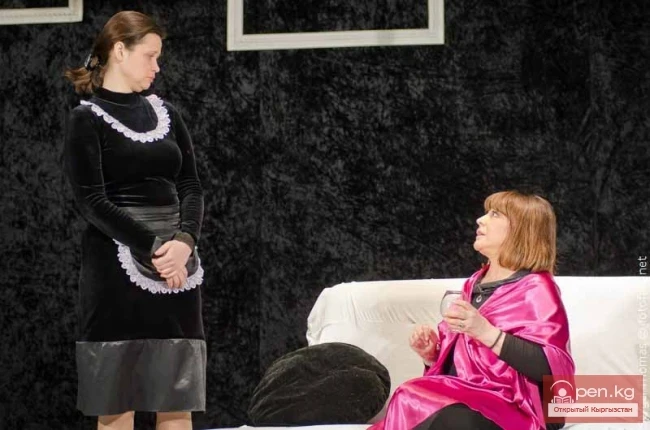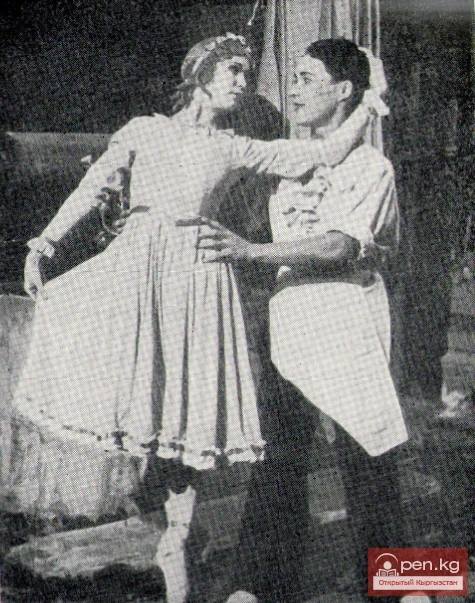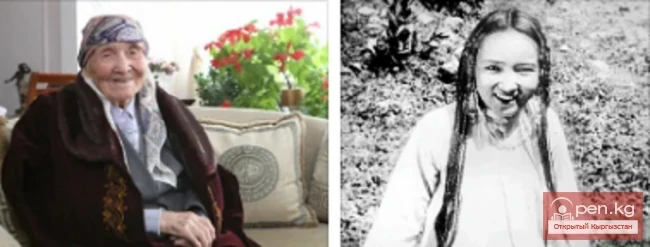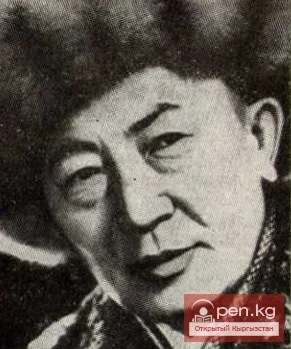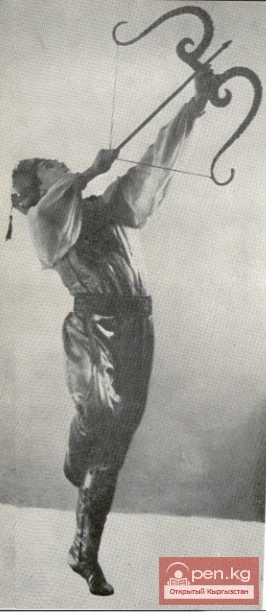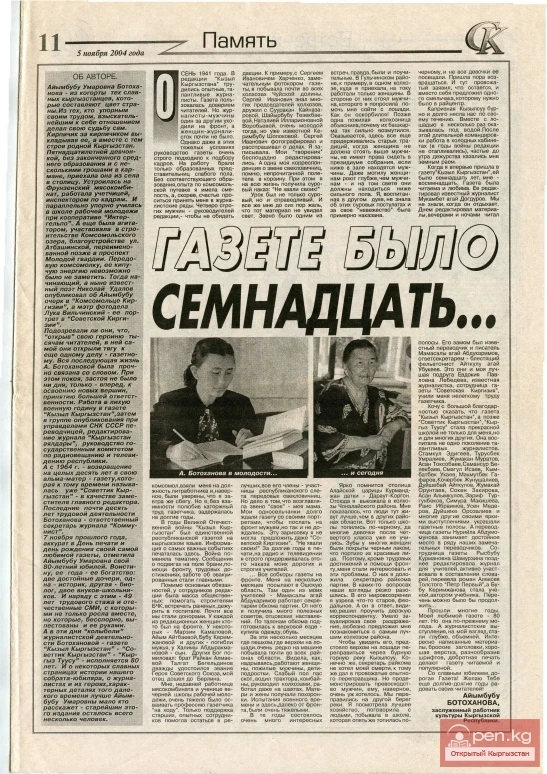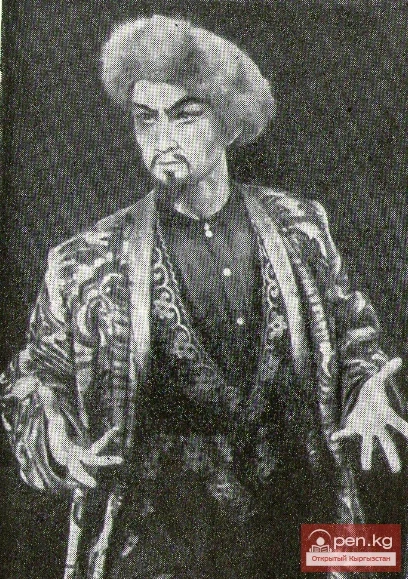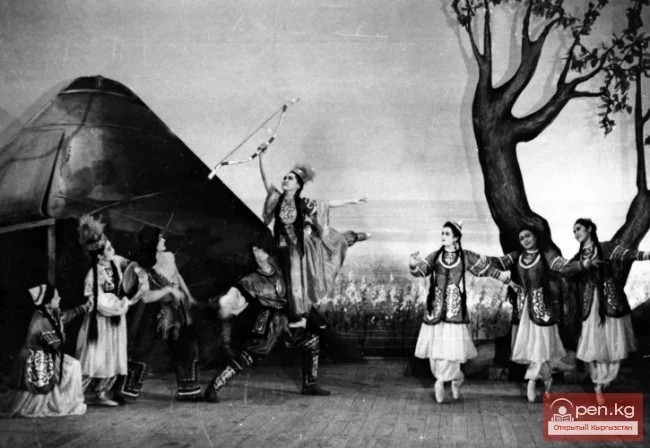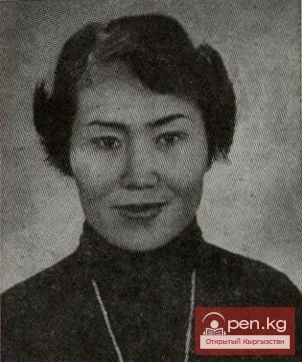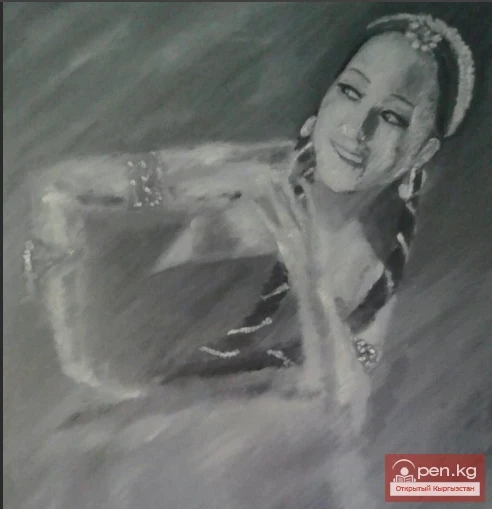
Beyshenalieva-Odette
The role of Zarema was a significant milestone for B. Beyshenalieva on her path of artistic growth. The next step forward for her was the role of Odette in "Swan Lake"—a role that has long been considered a touchstone of a ballerina's talent and technical mastery.
While studying in Leningrad, Beyshenalieva watched this ballet literally dozens of times on stage. However, to say that she merely watched would not be entirely accurate. She contemplated the logic of each step, analyzed the movements of the dancers, and adapted them to her own capabilities.
Many years passed before Beyshenalieva herself took to the stage in the role of Odette. It can be difficult for the audience to imagine how many sleepless nights, reflections, and disappointments lie behind the creation of a stage persona.
Once, the author of these lines encountered Bibisara Beyshenalieva looking quite upset.
“You see,” she suddenly began with an unusual fervor, “I try not to react when people say to me: ‘Are you dancing in a new role? Of course, what’s the big deal for you!’ But sometimes I can’t hold back. How can I explain to people that not only for an entire role but for each dance, I give my whole heart? There are times after a performance, even after a rehearsal, when I don’t have the strength to get up, to move. And suddenly, it’s like—‘What’s the big deal for you!’
Beyshenalieva's entire life is filled with hard work. The labor begins long before the future role is realized on stage. She nurtures the very idea of a new part, digs through books, examines reproductions of paintings, before the image of the heroine comes to life in the performance.
The same was true for Odette. Performing this role is a kind of culmination of many years of immersing herself in the character, deeply understanding its distinctive features. In it, Beyshenalieva embodied the dream of an ideal feeling.
It is characteristic that in her interpretation, Odette's antagonist—Odile—is not an embodiment of evil, like Aida in the ballet "Cholpon." Her Odile is merely a blind instrument in the hands of a wicked genius, and she herself is equally filled with the feeling of love.
The theme of Odette first sounds in the finale of the first act when a flock of swans appears in the evening sky. From this moment, the theme of the swan-girl grows and expands. The tender oboe solo, like a touching song, is replaced by a more dramatic sound that swells and resonates in the powerful sounds of the orchestra.
Beyshenalieva-Odette is deeply lyrical; in all her behavior, one can sense a quiet sadness, and she is entirely under the spell of daydreaming. In Beyshenalieva's portrayal, Odette does not stop believing in Siegfried; she believes in him even in the final scene of farewell. The sorrow and despair expressed in the music reflect the state experienced by lovers in their last moments. The movements of Beyshenalieva-Odette are impulsive; she is excited, as if she still wants to fight, still does not feel that she stands on the brink of destruction.
In Beyshenalieva's performance style, there is nothing superfluous. Every movement, guided by the logic of events, is natural and vital. Pretentiousness and affectation are alien to the nature of Beyshenalieva's art; her style is characterized by deep meaningfulness in what is portrayed.
The Range of Creative Possibilities of B. Beyshenalieva
